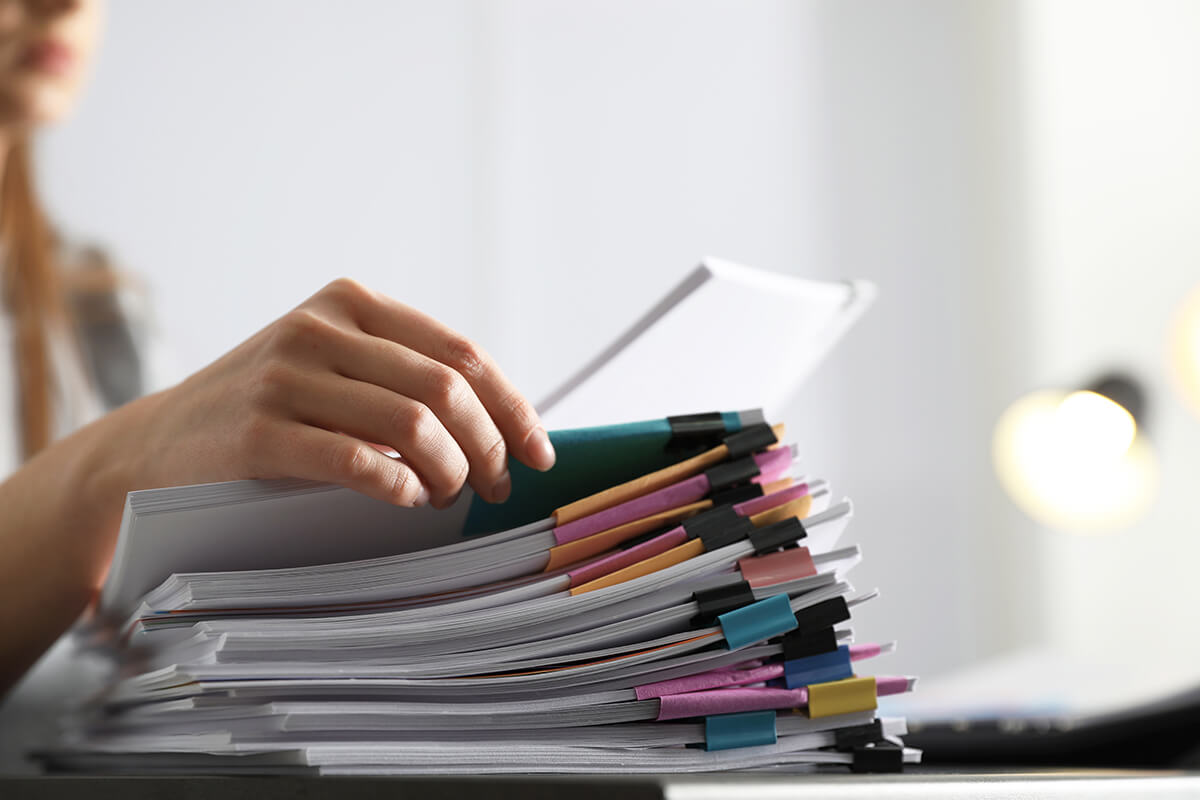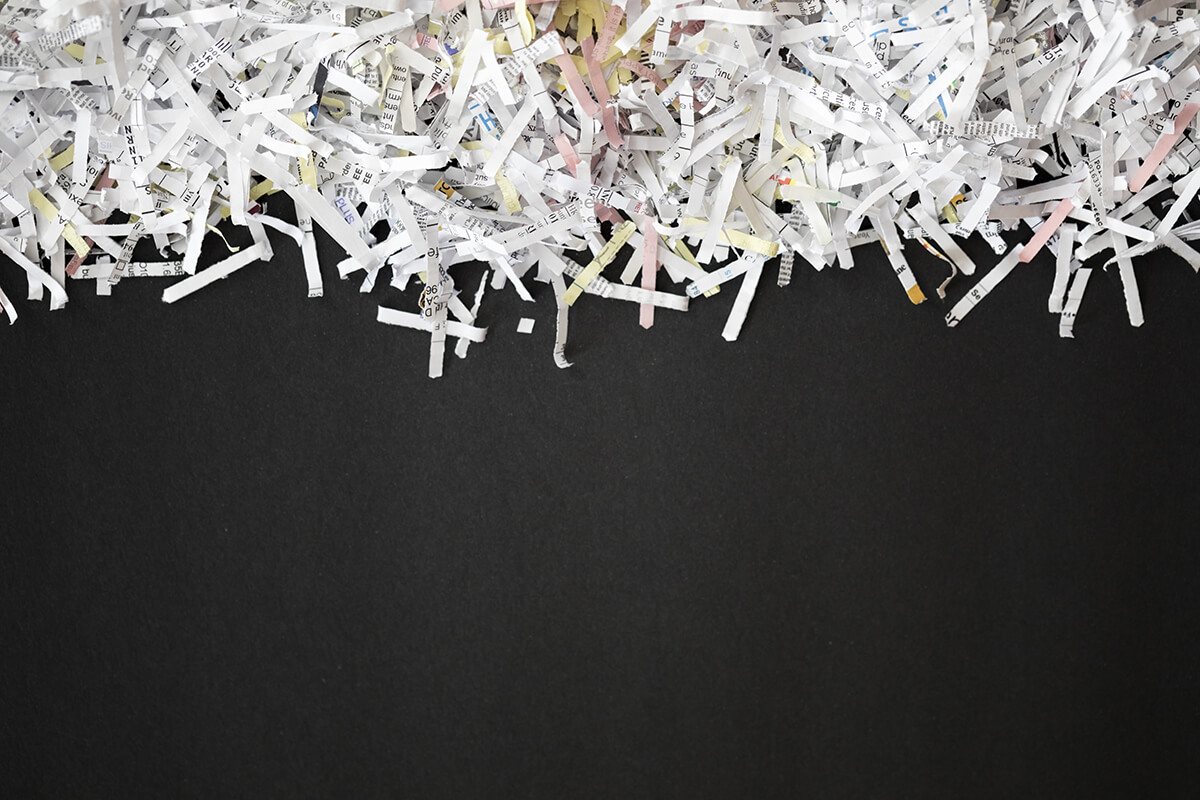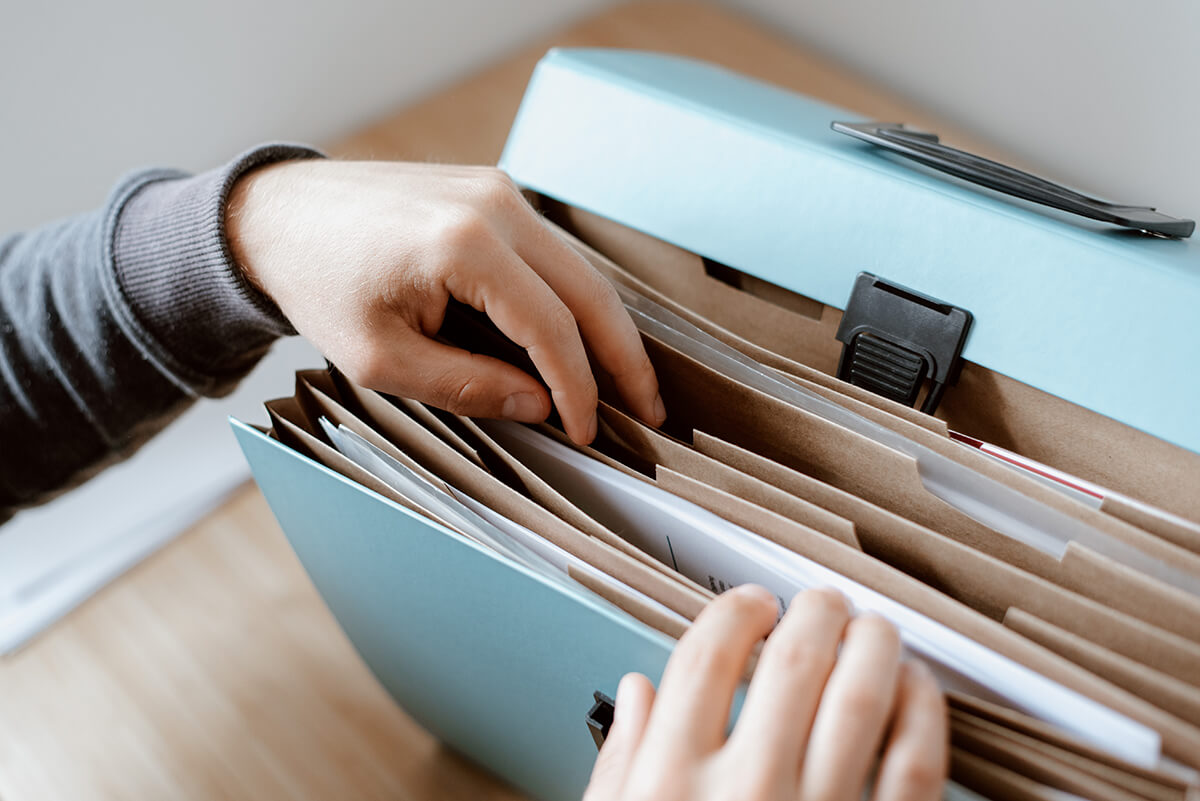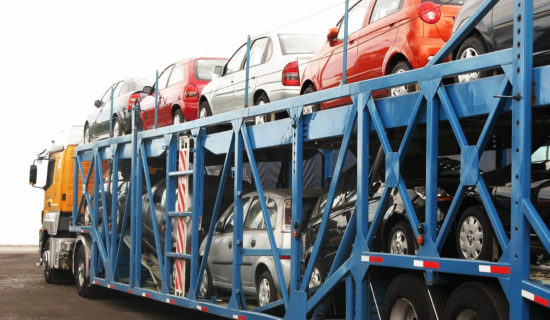Why Is Organizing Your Documentation Essential
When something stressful or significant happens in your life, the last thing you want to think of is your documentation. If you couldn’t avoid road rage on some of the famous routes in the USA, for example, or driving stress gets the better of you, and you end up in a car accident, you will need your car insurance as fast as possible.
Suppose you transport a car from state to state and want to register your vehicle after the move. In that case, you will need a purchase invoice of the car, a copy of vehicle insurance, and other important records, which you can easily find in your “property’ section we talked about earlier. The exact process is necessary if you want to register a leased car in another state or if you are selling a vehicle through an auction, so it’s always best to keep your documentation organized. Here is one more example: if you become a victim of a moving scam or realize that you are scammed by a car dealership, you would need your bank and credit card statements to trace your transactions, together with other proofs of your properties. Find your records easily by following the suggestions we gave you.
If you want to prepare for a move, on the other hand, it would be ideal that your documentation is already organized so that you don’t waste precious time. However, believe it or not, that is one of the first items on the list of things you forget to do when you move. Imagine that you are moving to a new state in a hurry and can’t find some important record! We wouldn’t wish it on our worst enemy, to be honest.











